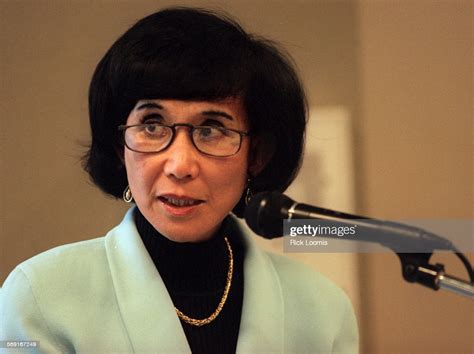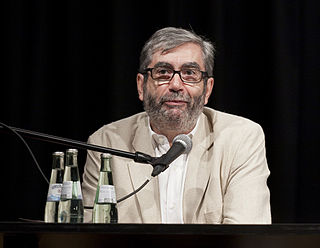A Quote by Xiaolu Guo
There was - there still is - a big shortage of good Chinese-English literary translators. So for two years in London, I was stuck waiting, not writing, with several Chinese books I couldn't get translated. That's when I decided to write in English, since I had been living here and had decided to reconstruct my life here. Even if I wrote in broken English, it was better than getting bored and weary and bitter on the long queue of authors waiting to be translated by a stranger.
Quote Topics
Related Quotes
In fact, many of the quotes in my books are quotes which were translated from English and that I read already translated into Spanish. I'm not really concerned with what the original version in English was, because the important thing for me is that I received them already translated, and they've influenced my original worldview as translations, not as original quotations.
You may be right in believing that if you study hard, one day you might become fluent in English. But you will still look Chinese, and when people meet you, they’ll see a Chinese girl no matter how well you speak English. You’ll always be expected to know Chinese, and if you don’t, I’m afraid they will not respect you as much.
Until the age of five, my parents spoke to me in Chinese or a combination of Chinese and English, but they didn't force me to speak Mandarin. In retrospect, this was sad, because they believed that my chance of doing well in America hinged on my fluency in English. Later, as an adult, I wanted to learn Chinese.
I've never translated more than one book by any author. But I'm fascinated by translators who have, like Richard Zenith, who's translated so much of Fernando Pessoa's work. I get restless for a new kind of influence. The books I've translated are books I want to learn from as a writer, to be intoxicated by. And translation is an act of writing in itself. It's an act of recreation - of a writer's cadence and tone and everything that distinguishes the voice in the book.
I had been reading about [John] Calvin for years and had been studying the English Renaissance for many more years, and it had never occurred to me to think of them together. I learned that Calvin was the most widely read writer in England in Shakespeare's lifetime. He was translated and published in many editions.







































